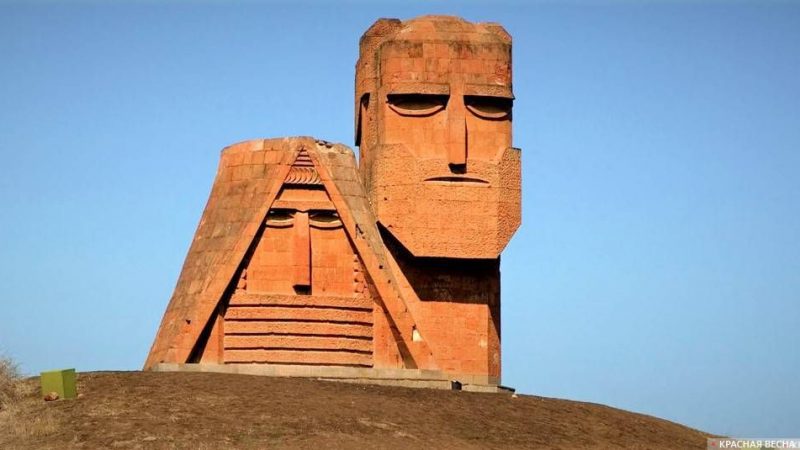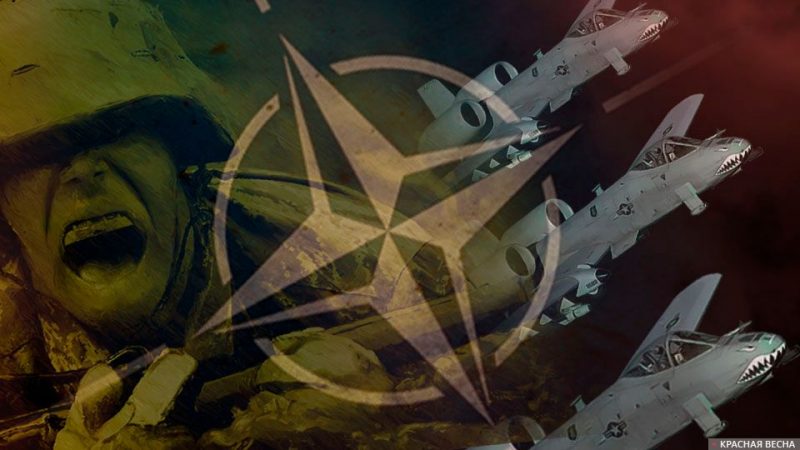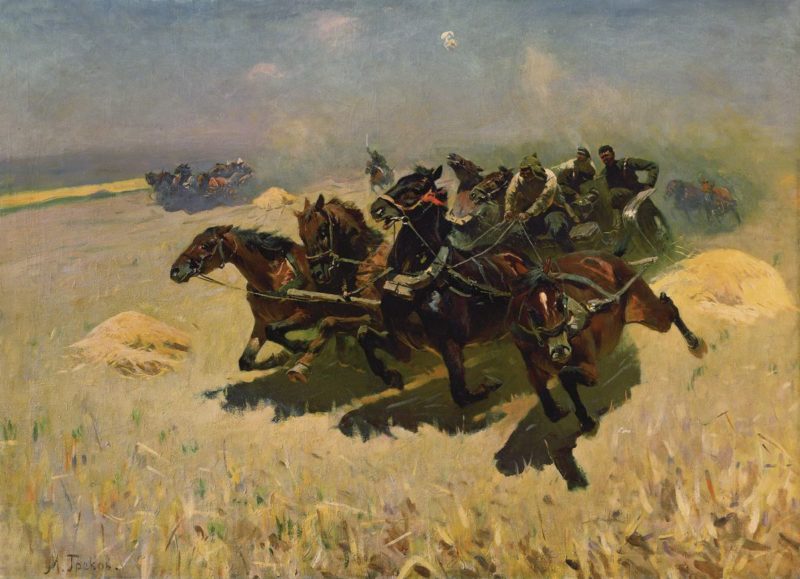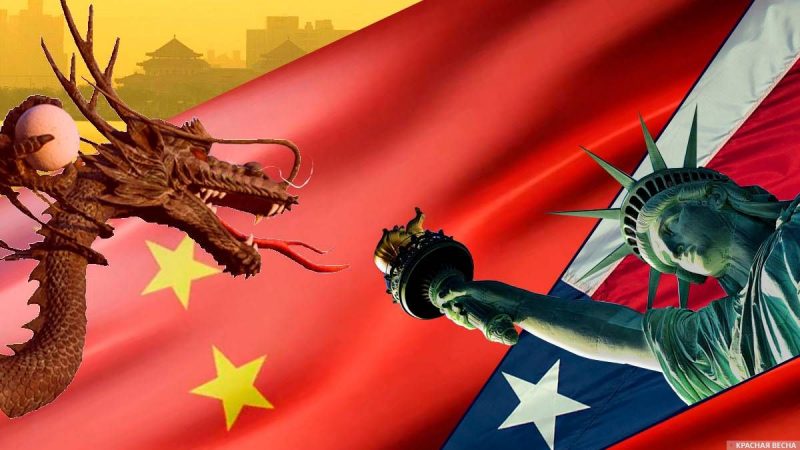03.10.2020, Moscow.
The new outbreak of the Armenian-Azerbaijani conflict happened at a difficult time, said Mikhail Besedin, PhD in History, Associate Professor of International Relations, Political Science and Regional Studies at the South Ural State University to Rossa Primavera News Agency on October 1.
The historian drew his attention to the fact that a new outbreak of the Armenian-Azerbaijani conflict takes place during the global COVID-19 pandemic outbreak, which exacerbates many domestic and international tensions. In addition, presidential elections take place in the fall of 2020 in the US – the only remaining superpower, which claims hegemony in the international security system since the end of the Cold War.
“At the beginning of the third decade in 21st century, the US hegemony is facing a real and potential competition from other centers of power: China, Russia, and the EU to some extent. In response, the US continue its apparent efforts at maintaining its dominant position,” said Besedin.
As far as Russia, a “reborn” global player, is concerned, we are talking about the US actions (or, perhaps, more broadly, Anglo-Saxon diplomacy actions) to incite conflicts on the borders of Russian geopolitical influence, said the assistant professor. In addition to the conflict between Ukraine and Russia that followed the “revolution of dignity” in 2014, other “color” revolutions took place: in Armenia in 2018, in Belarus during the summer and fall in 2020, and a potential conflict situation is developing between Brussels on one side and Minsk and Moscow on the other.
“The latter is aggravated by the ‘Navalny case’ (possibly orchestrated), which worsens the relations between Moscow and Brussels even more (since 2014), and hinders the prospects for the completion of the Nord Stream 2 pipeline. In this situation, hostilities break out in the zone of the Armenian-Azerbaijani conflict over Nagorno-Karabakh autonomous region,” said Besedin.
Is it by accident or by design, asks the expert. In his opinion, if listed facts are links in one chain of events, then a new conflict aggravation in Donbass region of Ukraine cannot be ruled out. In the near future, all three conflict situations combined (Belarus, Ukraine, Transcaucasia) block in many ways the trans-continental transport corridors which connect Europe and Asia, linking China and the European Union. And the question “who benefits from it?” becomes rhetorical, explains the expert.
Source: Rossa Primavera News Agency




